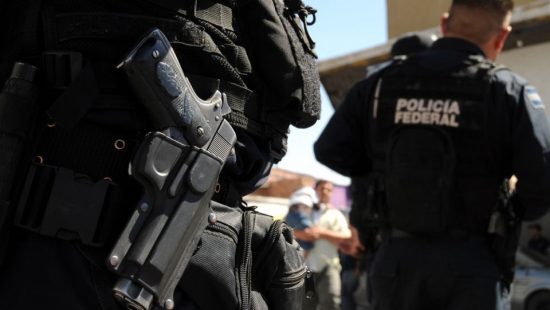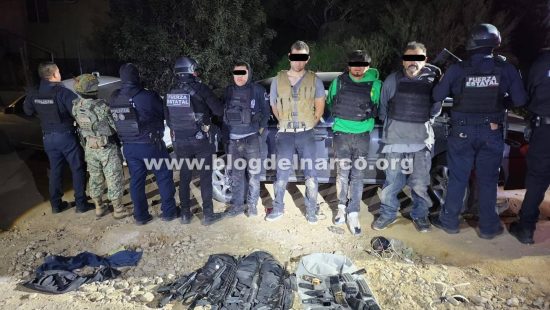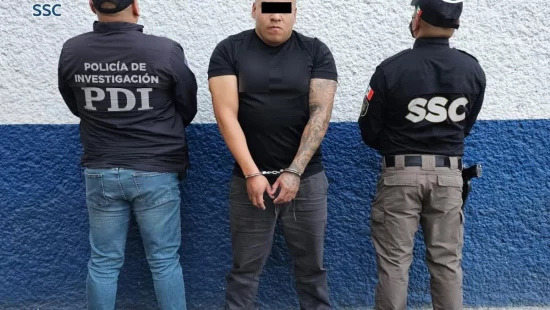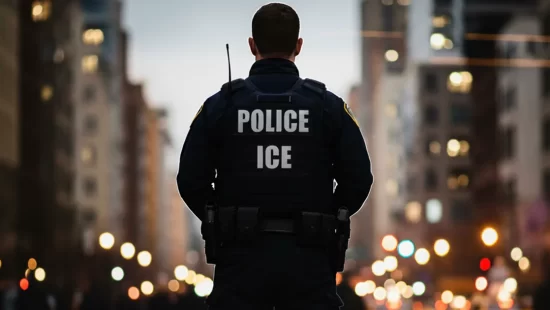There are more than 100,000 non-citizen veterans in the United States who, during the Trump administration’s deportations, are at risk of deportation, according to congressional figures. The military allows legally present non-citizens to join its ranks, promising them extensive benefits. The most attractive is a fast-track path to citizenship. It’s not a promise, though many perceive it that way.
But military service takes its toll. If one-third of all veterans end up arrested at some point, non-citizens lose virtually all the rights they received when they signed their military contracts. Suddenly, they cease to be honorable veterans and become criminal illegal aliens: first on the deportation list.
These cases are not officially counted. They are only sporadically reported through a media campaign or newspaper article. The number of deported veterans almost certainly amounts to thousands, as the practice began in the mid-1990s with the enactment of a new immigration law that eliminated the rights of veterans accused of a long list of crimes, even if they were later found innocent.
The official abandonment of these veterans is offset, to a minimum, by a supportive community that has embraced this situation as its own, often because it is. There are several organizations in the country and abroad, but their capacity is limited, especially considering the lack of transparency and geographical diversity of the cases. One of them, the Unified U.S. Deported Veterans Resource Center, present on both sides of the border in San Diego and Tijuana, estimates that there are veterans at risk of deportation in every corner of the United States and already deported in at least 40 countries.








